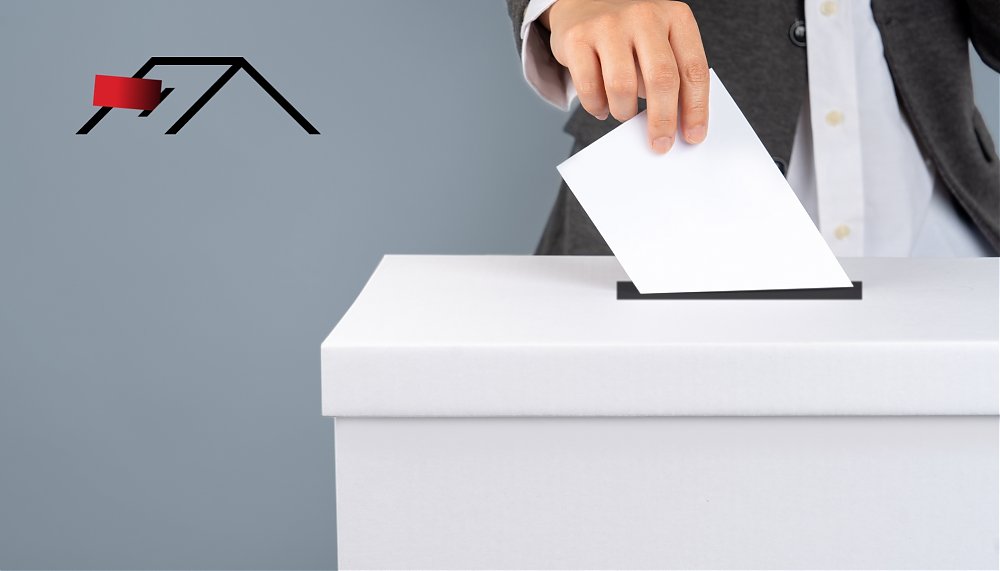Elections and democracy have four key components. First, a political system for selecting and replacing officials through free and fair elections. Second, active participation of the community as citizens in political and national life. Third, the protection of human rights for all citizens. Fourth, equal treatment under the law and procedures for all citizens.
"If you want healthy elections, open up the information because it can lead voters to participate in the lengthy election process. The natural formula is that openness will make people aware, and when they are aware, they want to take part. Now, when there is willingness, it should be followed by demands for accountability," said Titi Anggraini, an academic from the Faculty of Law at the University of Indonesia, during the discussion on the "Strategic Role of Students in Ensuring Transparency in Election Information for Open 2024 Elections," held in Jakarta on September 26th.
Titi explained that elections are not just about general voting but should be a package deal with free and fair elections. Therefore, in a democracy, an active citizenry in political and national life is essential. She likened it to the saying, "Sunlight is the best disinfectant." Just as when we see sunlight, it provides health benefits, Titi believes that sunlight, in this context, represents the openness of the information system, which can promote healthy governance and enable a country to progress far along with its people.
"When we talk about public participation, we must also have a good legal framework. The more the public knows, the more they will demand high standards of work, and standards that improve," said Titi.
Furthermore, according to Titi, another crucial aspect is effective and just law enforcement. This is important because we need a level playing field in election competition. She gave an example of campaign restrictions in schools, as she believes that schools are not as prepared as universities, and not all students have the right to vote. []
Translated by Catherine Natalia











